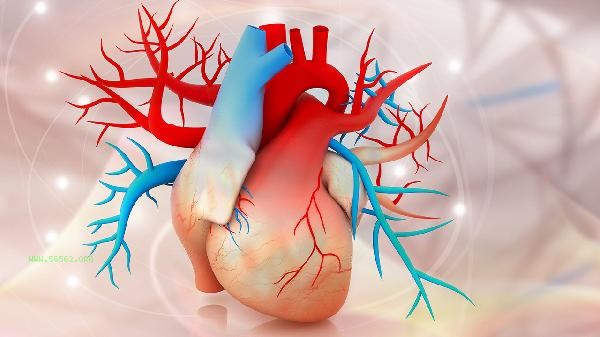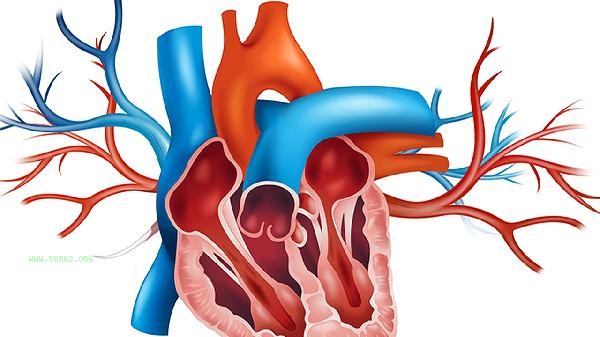High heart index is usually caused by factors such as increased blood volume, anemia, hyperthyroidism, congenital heart disease, or pulmonary hypertension. The cardiac index reflects the ratio of the amount of blood pumped per minute by the heart to the body surface area, and an abnormal increase may indicate an excessive load on the circulatory system or abnormal metabolic demand.

1. Increased blood volume:
Fluid retention during pregnancy, rapid fluid replacement or renal insufficiency will lead to increased circulating blood volume. The heart compensates by enhancing its contractility to maintain normal perfusion, manifested as an increase in cardiac index. Controlling sodium intake and diuretic treatment can improve symptoms, and severe cases require dialysis treatment.
2. Anemic state: When the hemoglobin level is below 60g/L in severe anemia, the oxygen carrying capacity of the blood decreases. The body compensates for tissue hypoxia by increasing cardiac output, and the cardiac index can increase by 30% -50%. Supplementing with iron, vitamin B12, or blood transfusion can effectively correct anemia, but long-term anemia may lead to heart failure.
3. Hyperthyroidism:
Thyroid hormones directly stimulate beta receptors in myocardial cells, leading to increased heart rate and cardiac output. Hyperthyroidism patients often have a heart index exceeding 4.2L/m ², accompanied by symptoms such as fear of heat and weight loss. Antithyroid drugs such as methimazole can reduce metabolic rate, and radioactive iodine therapy is suitable for patients with poor drug control.

4. Congenital heart disease:
Left to right shunt congenital heart disease such as ventricular septal defect and patent ductus arteriosus, where the continuous increase in pulmonary circulation leads to an increase in cardiac index. During childhood, feeding difficulties and developmental delays may occur, and in adulthood, it is easy to progress to pulmonary arterial hypertension. Surgical repair is a curative method, while interventional closure is suitable for specific cases.
5. Pulmonary arterial hypertension:
Continuous increase in pulmonary vascular resistance forces the right ventricle to work overload, leading to compensatory increase in cardiac index in the early stage and later development of right heart failure. Patients often experience post activity dyspnea and lower limb edema. Targeted drugs such as bosentan can delay the condition, and in severe cases, lung transplantation may be considered.
If abnormal cardiac index is found, blood routine, thyroid function, cardiac ultrasound and other examinations should be completed. Avoid vigorous exercise and high salt diet in daily life, and monitor changes in blood pressure and heart rate. Pregnant women and those with underlying diseases need regular cardiovascular assessments, and sudden chest tightness and fainting require immediate medical attention. Moderate aerobic exercise such as swimming and brisk walking can help improve heart function, but the intensity of exercise should be moderate to not cause significant shortness of breath. Dietary recommendations include adopting a Mediterranean diet pattern, increasing intake of deep-sea fish and nuts, and limiting processed foods and trans fatty acids.










Comments (0)
Leave a Comment
No comments yet
Be the first to share your thoughts!